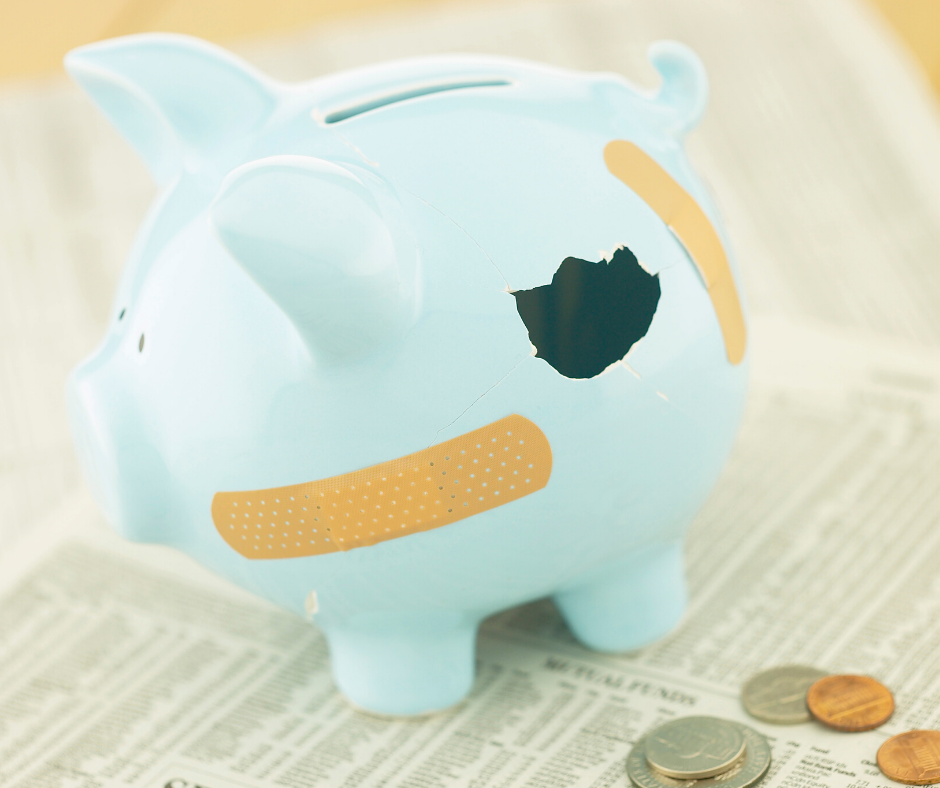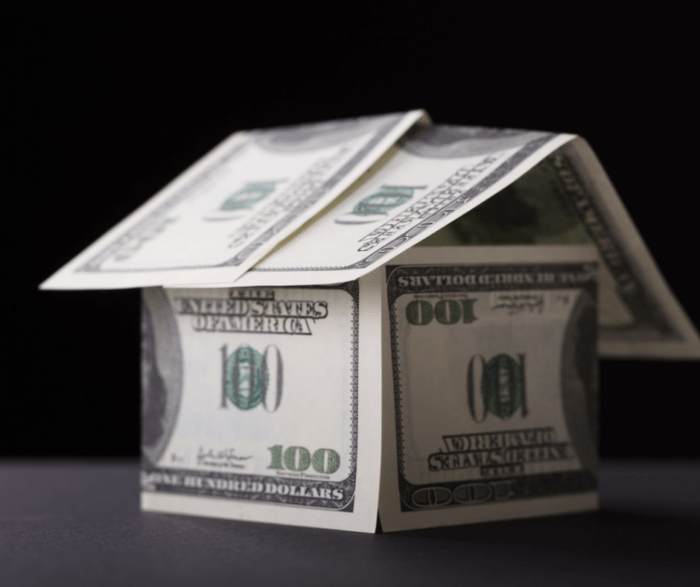If your rising debts have caused increased stress or depression in your life, you’re not alone. In fact, studies by the American Psychological Association suggest that financial-related stress affects as many as 72 percent of Americans. Twenty-two percent report “extreme stress” because of their finances. While filing for bankruptcy relief can help you regain control of your finances, leaving these negative emotions unchecked can exacerbate the problem—even slowing down or halting your recovery. Let’s explore a bit of the science behind these emotions, and discuss how to process these emotions more productively.
Face the Problem
Dealing with financial woes is never comfortable at first, but denial only extends the pain. In fact, some people make their problems worse by spending money as a form of medication for the stress itself. In this Forbes article, Kimberly Moran describes her financial woes:
I’m not the kind of person who doesn’t buy lunch when I might not be able to pay the mortgage. Instead I buy lunch to make myself feel like there is no financial stress. This is better than my husband’s attitude, which is to completely ignore the financial situation until it’s desperate. We aren’t a good financial team because there’s no moderate one…. Spending money helps us feel like nothing is wrong.
Addressing the cycle of denial head-on is the best way to break it. Spending money might cause a temporary surge in dopamine, the brain’s chemical version of a reward. However, it won’t ever make the debt go away.
The Chicken or the Egg Scenario
We understand that financial woes can cause depression, but, as Psych Central reports, quite often the reverse is true: Some of us got into financial trouble because we were already depressed. When we are down, we tend to take more days off work, or we avoid dealing with the bills out of despair—which, of course, only makes the problem worse. You might want to soul-search a bit to figure out which came first. Did the negative emotions predate the financial struggles or vice versa? Either way, if your depression seems unmanageable on your own, there’s no shame in getting help to deal with it.
Action versus Self-Punishment
In Health.com, Simon Rego, PsyD, talks about people’s tendency to beat ourselves up over a financial situation: We do that, instead of doing something to fix it. Rego equates this to crying over spilt milk rather than grabbing a paper towel.
“If you start beating yourself up in the moment with all those accusations and self-flagellations, you can only expect your mood to go in one direction,” explained Rego.
Rather, extend grace to yourself and begin looking for constructive ways to deal with the problem—including filing for bankruptcy if that’s a viable option.
If you’re ready to start taking real action, our team is available to help you create a strategy for financial recovery. Call at (908) 350-7505 to explore how you can regain control.



